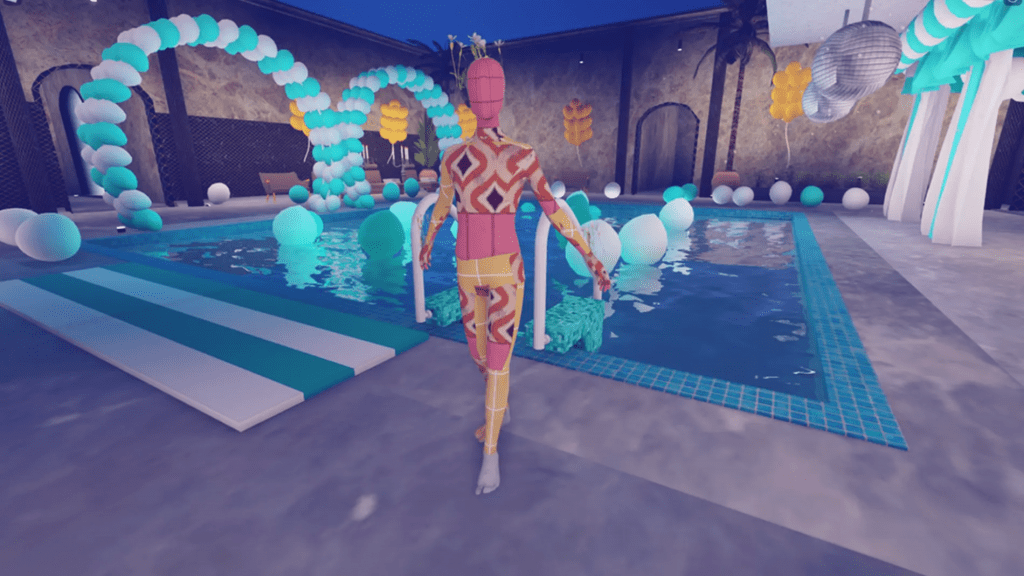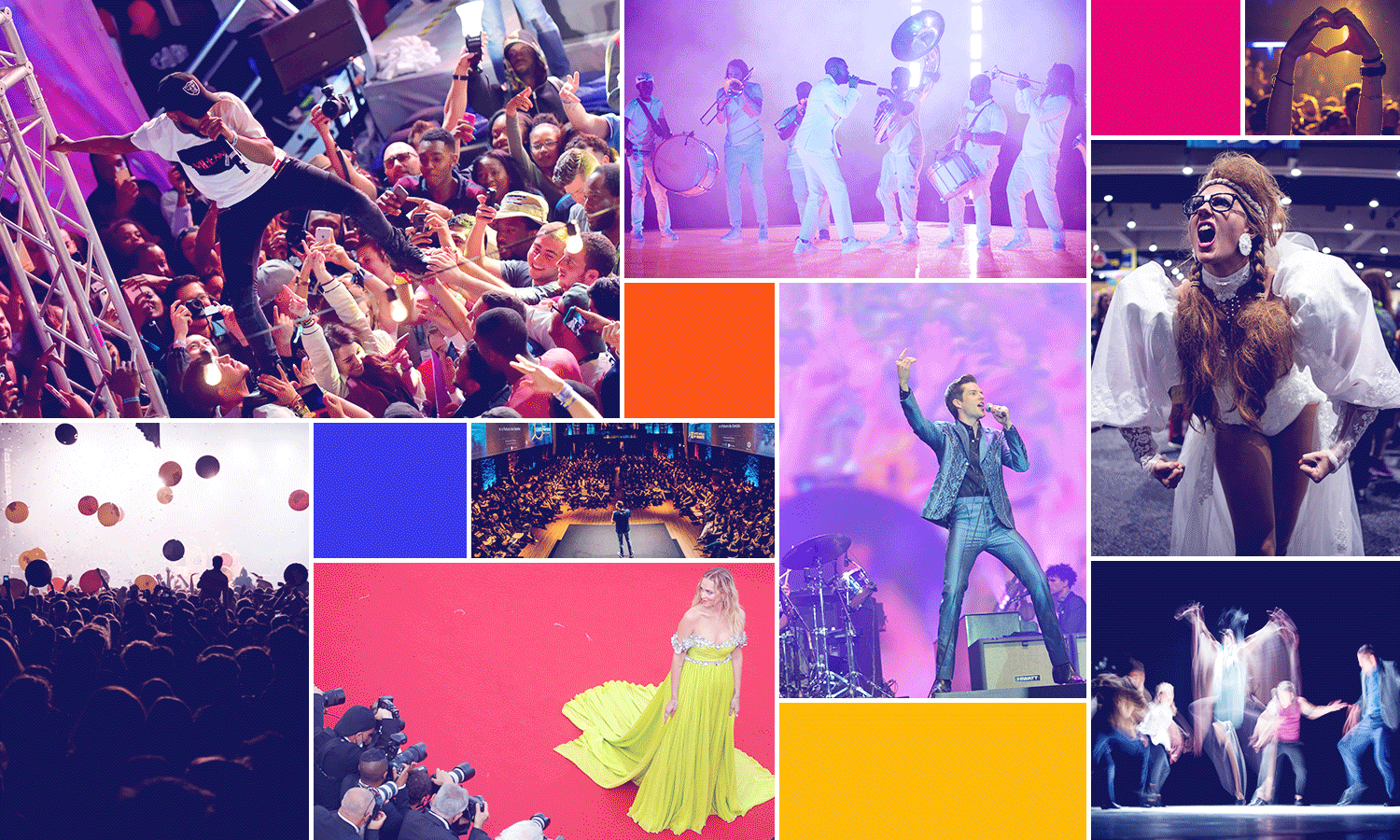Here’s what you need to know about the metaverse

Add “removing the limitations of physics” to Facebook’s, cough, ambitious plans for the future. No, the social media behemoth does not plan to upend the work of Isaac Newton et al, but it is plotting a major entry into the metaverse, as you may have heard last week. Mark Zuckerberg just announced that over the next few years, he believes “people will transition from seeing us primarily as a social media company to seeing us as a metaverse company.” To that end, Facebook launched a brand new product team explicitly tasked with building out a fully immersive experience. The team lead, Andrew Bozman, said that Facebook plans to do away with physics (pssht, who needs that) so that people can connect wherever they want whenever they want. Sounds pretty good, right? Well, sure, if you know what the metaverse is. Chances are, you already have a vague sense of what’s meant by the “metaverse” thanks to the ubiquity of Minecraft and Fortnite, two uber-popular multiplayer video games based in virtual worlds that either your kids or someone you know’s kids definitely play. The metaverse is often described as the next version of the internet. It’s an immersive place for us...



